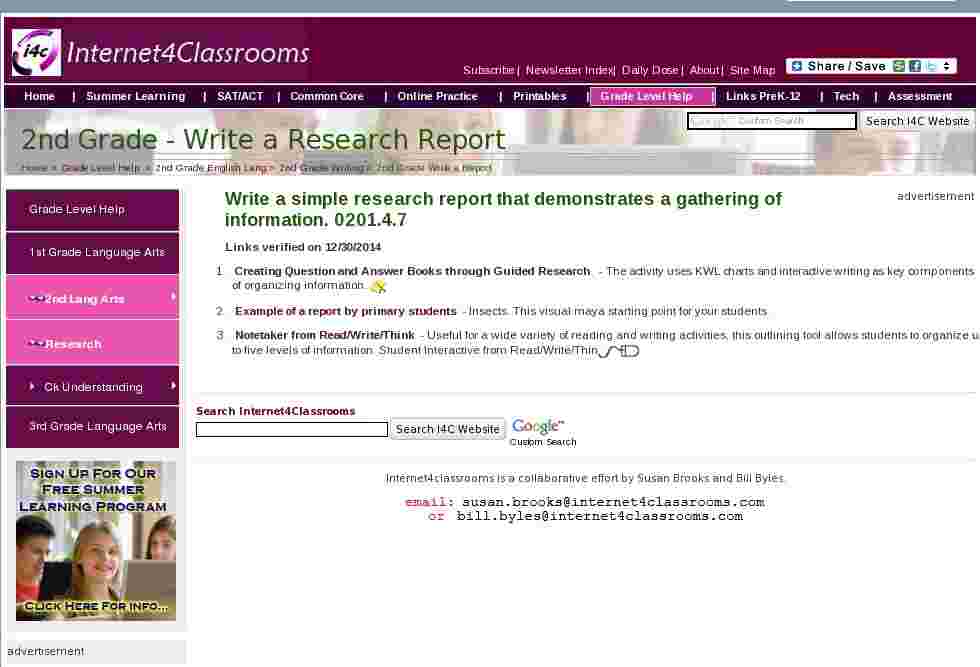

When pace slows down, students can better decide which lecture points are important to record, and rather than record notes verbatim, students can think about or process lecture information. First, the teacher can slow down the pace of the lecture and rate of speaking. Senderįrom the sender standpoint, the teacher can make changes in his or her presentation of information that can greatly aid students’ notes. This will aid students’ understanding during lectures and, hence, improve students’ notes. Therefore, it is imperative that both teachers and students adhere to a number of guidelines during this communicative process. As with any act of communication, the role of getting the “message” across relies on both the “sender” (teacher) and the “receiver” (student). In other words, effective note takers are rewarded with high test scores. Third, there is a positive correlation between the amount of notes taken and test scores.

Second, note taking encourages clarification of confusing information and aids encoding during long-term storage.

Research has indicated that students with mild disabilities are often passive learners, and taking notes is one way to actively engage the student in the learning process.
Read write think notetaker how to#
Although these accommodations are helpful, and even necessary, it is important for mainstreamed students to learn how to effectively record notes from lectures.įirst, note taking allows for active engagement during lectures. They serve as reference material for later study.įor students with mild disabilities in the mainstreamed classroom, teachers have indicated that students either do not take notes, rely on other students (e.g., note takers) to take notes for them, or rely on special education teachers to assist them with lecture material after class.They aid student understanding of lecture information, and.In fact, notes serve as an extension of our long-term memory: What we can’t remember, we write down. From jotting down a grocery list to leaving post-it notes on the computer monitor, we all rely on notes to help us remember. Note taking is a skill that is helpful for all of us. Difficulty taking notes presents a major problem for students’ success in the general education classroom, especially in content area classes, where instructors often use their notes to develop tests, which in turn serve as the basis for grades. For example, students with learning disabilities are often unable to identify the important information to note are unable to write fast enough to keep up with the lecturer and, even when they do record notes, are frequently unable to make sense of their notes after the lecture, mostly because their notes are illegible. Unfortunately, the results were very much the same.Īs illustrated in the above vignette and as evidenced by various research studies, students with mild disabilities are not effective note takers. Seth went back to class the next day and was more determined than ever to concentrate harder and take better notes. “What should I copy down? What is he talking about? Is this stuff in the book? What did I just miss? Why isn’t he writing anything on the board?” As the lecture ended, Seth was exhausted, and when he looked down at his notes, he could not read a word that he had just written. This was when Seth had his first panic attack. At first, Seth wrote what he could, but before long, he could not keep up with the quick pace of the lecture because Mr. Wickman stood next to the podium and read notes to students. This was the first time he had experienced a lecture in which the teacher did not write notes on the board (or use transparencies) instead, Mr. Wickman didn’t know was that Seth was lost. Wickman thought to himself, “even the special education kid can keep up with the rest of the class.” When he looked up from his handwritten notes, he noticed that all of the students, even Seth, were recording notes. Wickman nervously fumbled through his notes, often speaking too fast to be understood. As he spoke, students frantically began to record notes, trying to write verbatim what was said. Because it was the first day of the new school year, he chose a topic near and dear to his heart Life in Colonial Williamsburg. Wickman reviewed the requirements for passing his history class with his students and then began his first lesson.


 0 kommentar(er)
0 kommentar(er)
